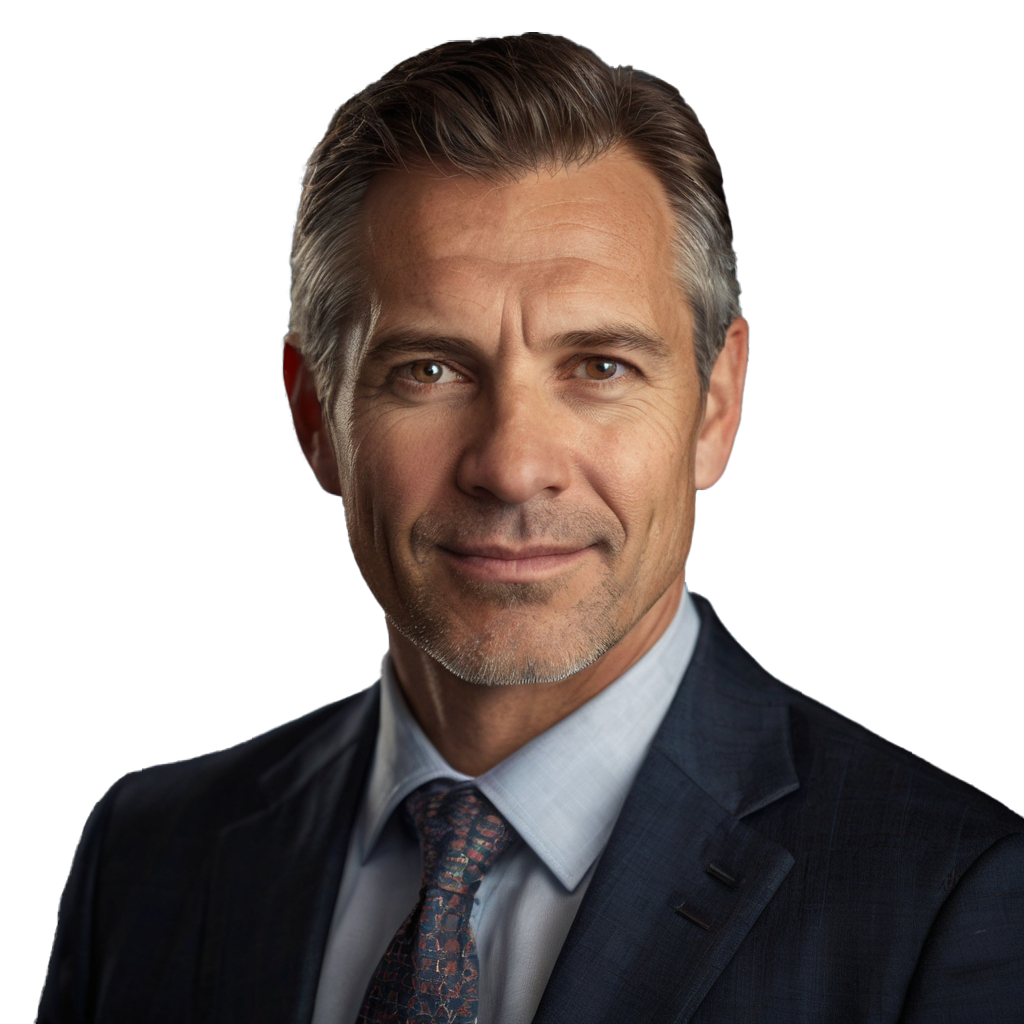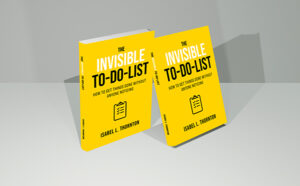Let’s face it—we live in a world that’s constantly shouting “Buy more! Do more! Be more!” Whether it’s the latest iPhone, a new wardrobe “refresh,” or a kitchen gadget that promises to change your life (but ends up collecting dust), the pressure to spend is relentless. And with all of that noise, it’s no surprise many of us find ourselves stressed out, living paycheck to paycheck, and wondering where all our money goes.
Enter: minimalism.
Now before you picture a stark, all-white apartment with one chair and a potted plant, let’s clarify something. Minimalism isn’t about deprivation or owning as few items as possible. It’s about intentionality. It’s about focusing on what truly adds value to your life—and cutting out the rest. And when it comes to your finances? That mindset can be a total game changer.
The Consumer Trap: Why We Overspend
Our culture is saturated with marketing that convinces us we need things to be happy, successful, or respected. We’re bombarded with Instagram ads, influencer hauls, and next-day shipping that makes buying things way too easy. Over time, it becomes a habit—shopping isn’t just functional, it’s emotional. Bored? Shop. Stressed? Shop. Want to treat yourself? You guessed it—shop.
But here’s the kicker: most of the time, those purchases don’t bring lasting satisfaction. In fact, they often do the opposite—adding clutter to our homes, stress to our minds, and debt to our bank accounts.
Minimalism as a Financial Mindset
Adopting a minimalist approach doesn’t mean you stop spending money altogether. It means you spend with purpose. When you apply minimalist principles to your financial life, you start asking better questions before opening your wallet:
- Do I really need this?
- Will it truly improve my life?
- Could this money be used more wisely elsewhere?
These simple reflections can lead to powerful shifts in how you manage your money. You start to recognize wants versus needs. You begin prioritizing experiences over stuff. You find joy in simplicity—and freedom in financial clarity.
Real-Life Benefits of Financial Minimalism
Let’s break down some tangible ways minimalism can lead to healthier finances:
1. Reduced Expenses
This one’s obvious but powerful. When you stop chasing every new trend or upgrade, you naturally spend less. You might find that your monthly “fun” budget stretches further—or that you no longer need as many “retail therapy” sessions to feel okay.
2. Less Debt, More Peace
By cutting down on unnecessary purchases, you’re less likely to rely on credit cards or buy-now-pay-later schemes. And as debt decreases, financial stress starts to fade. Peace of mind is worth way more than any fancy gadget.
3. Intentional Saving
With fewer impulse buys draining your income, you’ll have more room to save. Whether it’s for an emergency fund, a dream vacation, or long-term investments, saving becomes a proactive habit—not an afterthought.
4. Financial Flexibility
Minimalist living often leads to lower monthly expenses overall—less spent on housing, transportation, entertainment, and even groceries. That flexibility opens the door to options: working fewer hours, starting a side hustle, or traveling more often.
5. Values-Driven Spending
Minimalism isn’t just about having less; it’s about making room for what truly matters. When your finances reflect your values—whether that’s family, health, creativity, or giving back—you’ll feel more aligned and fulfilled.
Small Steps to Start Your Minimalist Money Journey
Ready to dip your toes into minimalist finance? You don’t need to overhaul your entire life overnight. Here are some easy, low-pressure ways to get started:
- Do a spending audit. Track your purchases for a month and see where your money actually goes. You might be surprised how much gets spent on things you barely notice.
- Declutter your subscriptions. Cancel services you don’t use or love. Think gym memberships, streaming platforms, or auto-renewing apps.
- Embrace the 48-hour rule. Before buying anything non-essential, wait two days. Often, the urge to buy fades—and you realize you didn’t really want it.
- Choose quality over quantity. When you do spend, invest in durable, timeless items that truly serve you. It’s more cost-effective (and sustainable) in the long run.
- Set a “fun budget” that aligns with your values. It’s not about restriction; it’s about choosing joy with intention.
Leveling Up: Wealth Building Through Mindful Living
Minimalism lays the foundation for a healthy financial life, but what comes next? Once your spending is under control and your savings are growing, you may start thinking bigger: investments, financial independence, or building generational wealth.
That’s where resources like Marcus Dane’s new book, Building Wealth for a Better Life come into play. This insightful guide dives into practical strategies for creating a sustainable and prosperous future—without losing sight of what matters most. Dane’s approach complements minimalist values beautifully, emphasizing intentional choices, smart planning, and meaningful success.
You can check out the book on Amazon here:
👉 Building Wealth for a Better Life by Marcus Dane
Whether you’re just starting your minimalist journey or looking to deepen your financial game, this book is a fantastic companion.
Final Thoughts: Less Really Is More
Minimalism isn’t just a trend—it’s a powerful antidote to the pressures of modern consumerism. When you strip away the excess, you’re left with clarity, purpose, and a whole lot more financial breathing room. You start to see money not just as something to spend, but as a tool to shape the life you truly want.
So the next time you’re tempted to “add to cart,” pause and ask yourself: Is this purchase adding real value—or just adding noise?
Your wallet—and your peace of mind—will thank you.
Want more tips and fresh perspectives on building wealth, simplifying life, and finding balance? Be sure to grab your copy of Marcus Dane’s Building Wealth for a Better Life—available now on Amazon. It might just be the next minimalist step toward your richest life yet.





